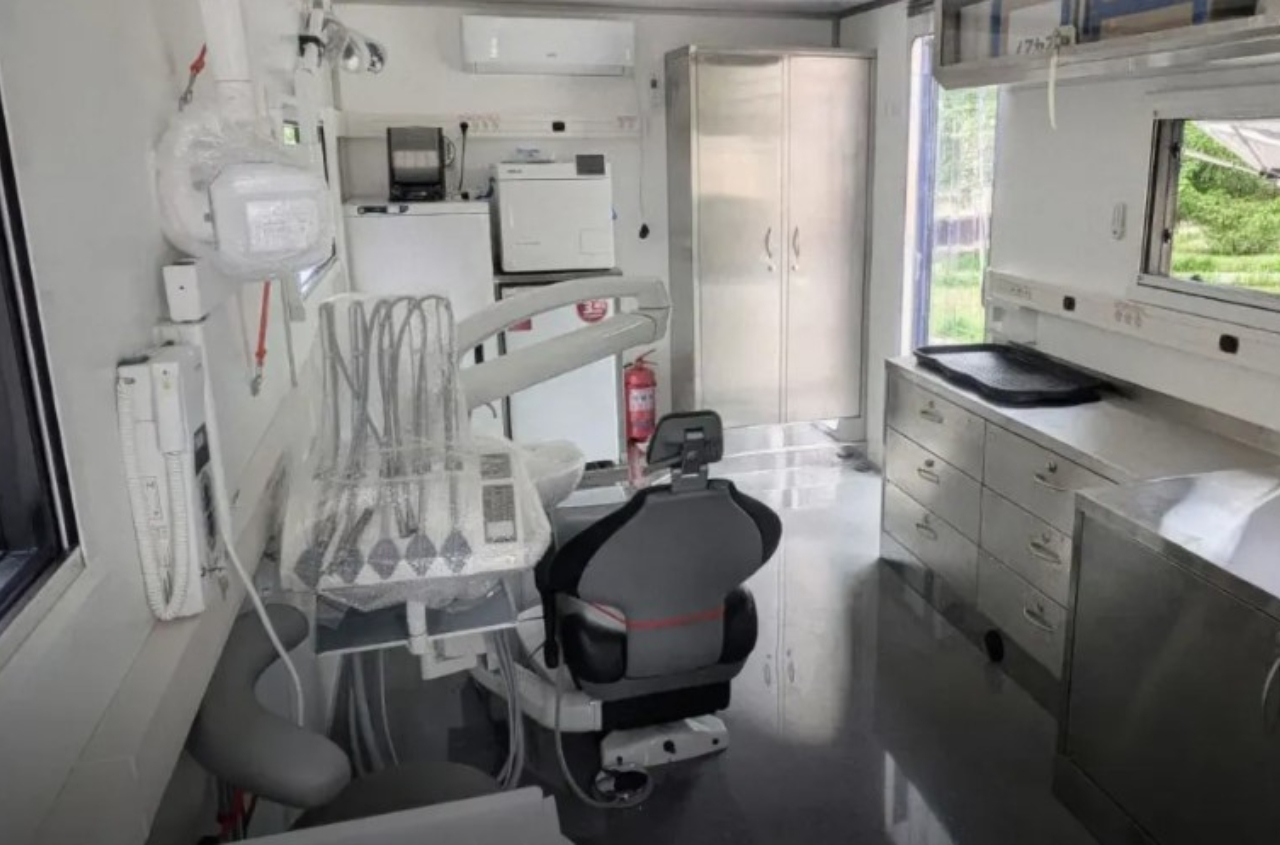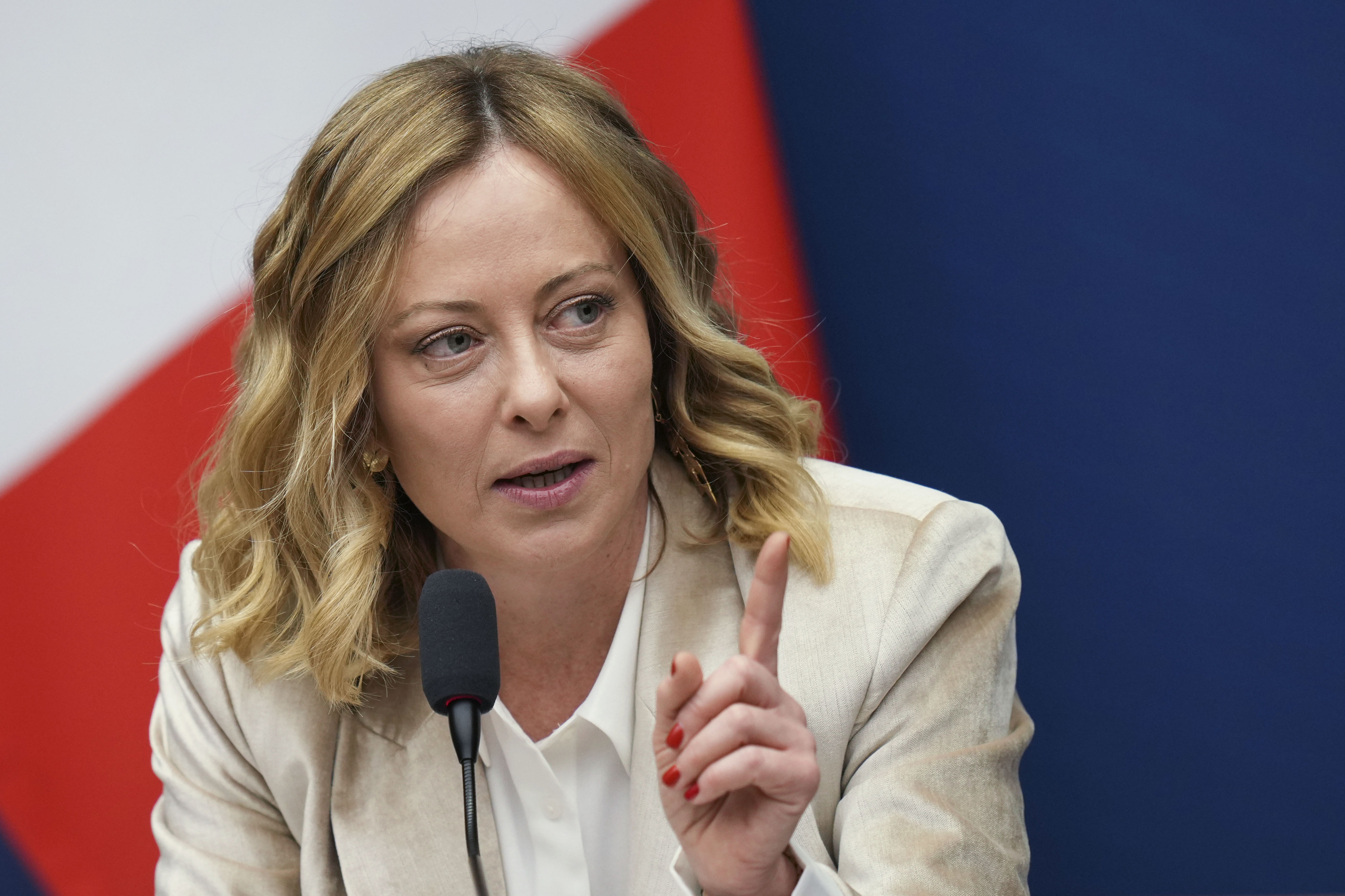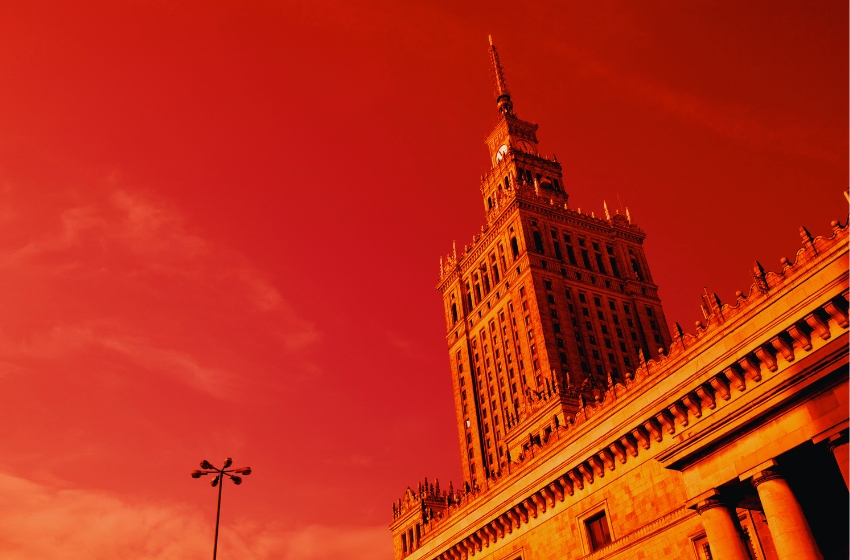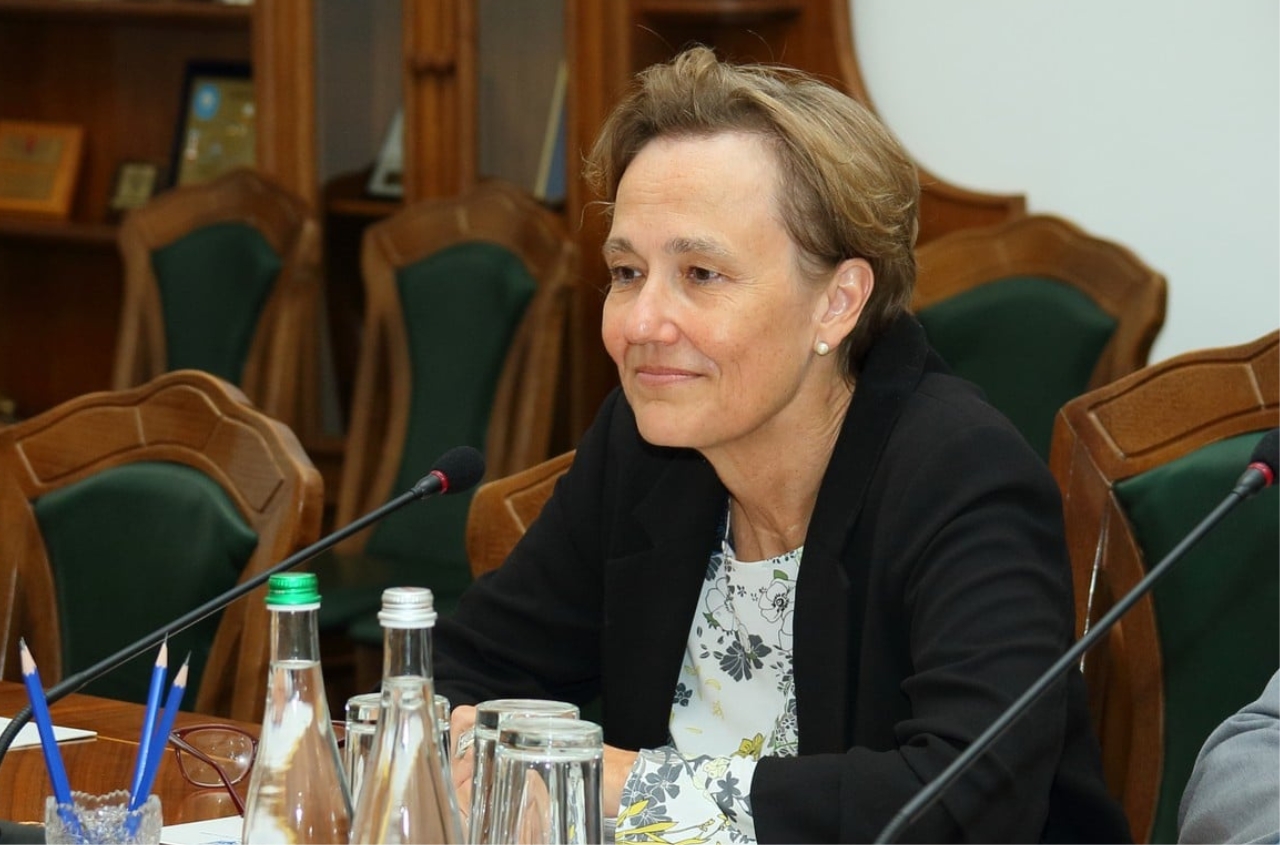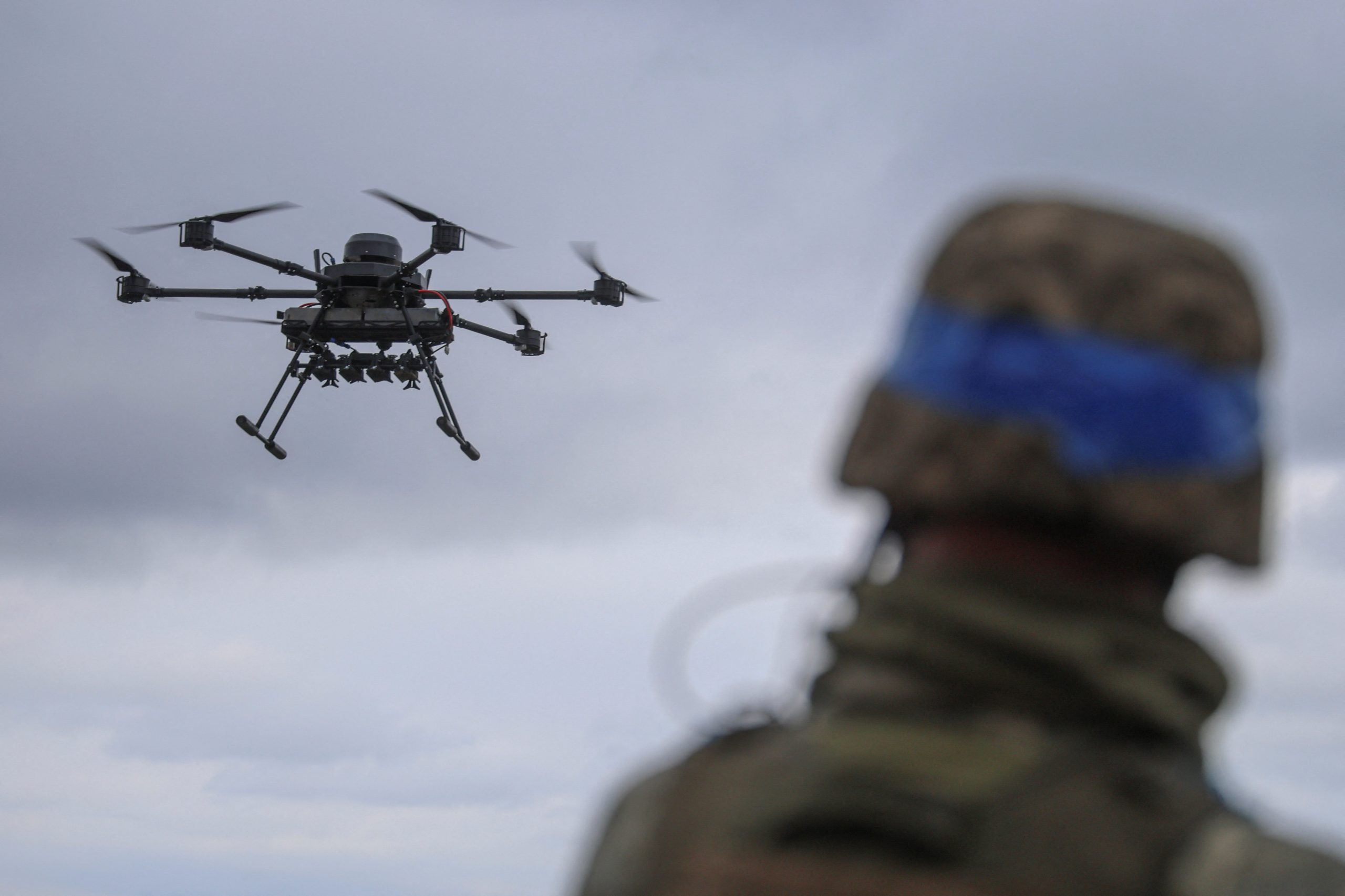Italy is stepping up its policy in the Arctic, combining diplomatic efforts, military training, and technological innovations, as reported by decode39.
The country is paying increasing attention to this region, which is gaining strategic importance in the context of NATO security, energy resources, and new maritime routes. One of the steps in this direction was the international conference Arctic Connections 2025 – Space in the Arctic, held on Monday in Rome. The event was organized by the Italian Society for International Organizations (SIOI), the Norwegian Embassy, and the High North Center for Business and Governance at Nord University in Bodø. It highlighted Italy’s aspiration to strengthen its presence in the Arctic in the fields of defense, logistics, energy, and space.
Italian Foreign Minister Antonio Tajani, in his address, noted that the Arctic is becoming an important geopolitical and economic hub. He stated that Italy wants not only to expand its presence in the region but also to seize new opportunities for Italian companies, particularly in sectors such as infrastructure, defense, the blue economy, logistics, and communications. In 2026, Rome plans to host the Arctic Circle Forum, which also demonstrates the country’s growing role in these matters.
The military aspect of Italy’s Arctic strategy is already reflected in operational training. The recent Operazione Volpe Bianca exercises in the Alps were designed to simulate combat conditions in the Arctic. Last month, 1,300 military personnel participated in these exercises in Val Pusteria, including elite alpine units, cybersecurity specialists, and electronic warfare experts. The main focus was on testing the Italian forces' ability to operate in low temperatures and challenging terrain, where navigation, communication, and air support are difficult.
These exercises fit into NATO’s overall shift in priorities, as the alliance increases its focus on its northern flank. Due to melting ice, the Arctic is becoming an important zone of competition for trade routes, resources, and security. Unlike many alliance countries, Italy can simulate Arctic conditions directly on its territory, using the Alps as a natural training ground for its troops. Here, military personnel are tested not only for tactical skills but also for endurance, navigation, marksmanship, and the ability to operate under stress.
Rome is making it clear that readiness for life and work in the Arctic is now a priority. The Foreign Affairs Committee of the Italian Chamber of Deputies is preparing to create a research group on the Arctic, similar to the existing project on the Indo-Pacific region. This committee will collect strategic information to help define Italy’s future policy in the Far North.















